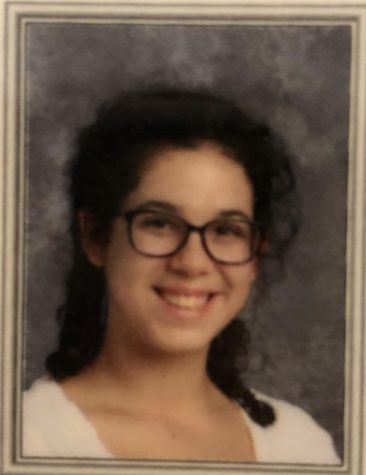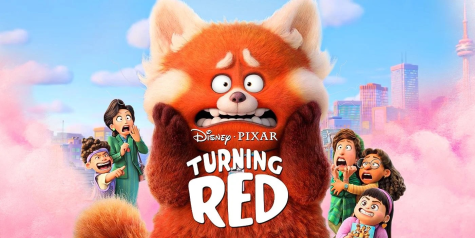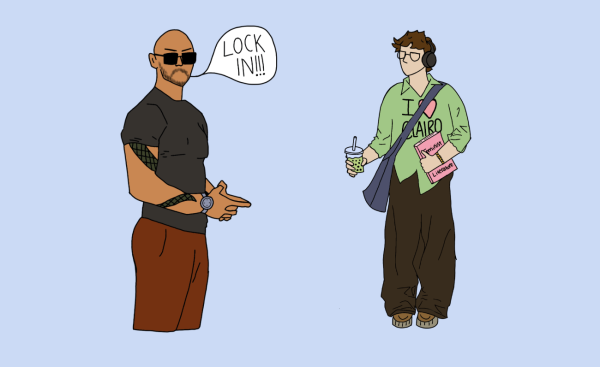Learning to separate the actor from the character

Photo courtesy of The Indian Express
You know an actor is a great one when they make you feel strongly towards the character they play, whether they are positive or negative emotions. However, some people fail to tell apart acting from reality, confusing the actor’s personality with their on-screen character. One outcome of this is actors being hated for their character’s actions, even if they are nothing like them in real life. This can come from a lack of knowledge about acting and filmmaking and simply refusing to acknowledge they are not the same person.
One of the most known examples of this is Justin Prentice, who portrayed Bryce Walker in the Netflix series 13 Reasons Why. He was a sexual predator who raped Hannah (Katherine Langford) and Jessica (Alisha Boe). Those who watched the show or read the book know that he is also cruel, spoiled and violent. Even though Bryce was scarily realistic, he is a fictional character.
When the show first aired in 2017, Prentice received a lot of hate for his role. Comments such as “rapist” and “Hannah was innocent” started pouring all over his social media, when in reality, he couldn’t be more different than his on-screen character.
A month after the show came out, Prentice went on an interview with Young Hollywood called “13 Reasons Why Justin Prentice is Nothing like Bryce.” In the video, he proved to be a kind and friendly person, the complete opposite of Bryce. A year after the show came out, Netflix posted a video on YouTube of Prentice reading people’s letters about how the show impacted their lives. At the beginning of the video he says, “I love acting, I love bringing characters to life, but Bryce is awful.”
I hate Bryce Walker as much as the next person. He was a sick individual who committed terrible acts, but that is not a reason to hate Prentice. Instead, he should be congratulated for playing such a challenging role on a show that is already dark.
People can become very invested in a show, especially when it is as popular as 13 Reasons Why was. We start to learn things about characters, such as their views, where they come from, and what they enjoy. But we don’t know these things about the actors, and that’s when the line can get blurry.
At the end of the day, it is crucial to remember that an actor’s job is to pretend to be someone else, and they are very good at it, but feeling a certain way towards a character does not give audiences the right to hate on an actor.












